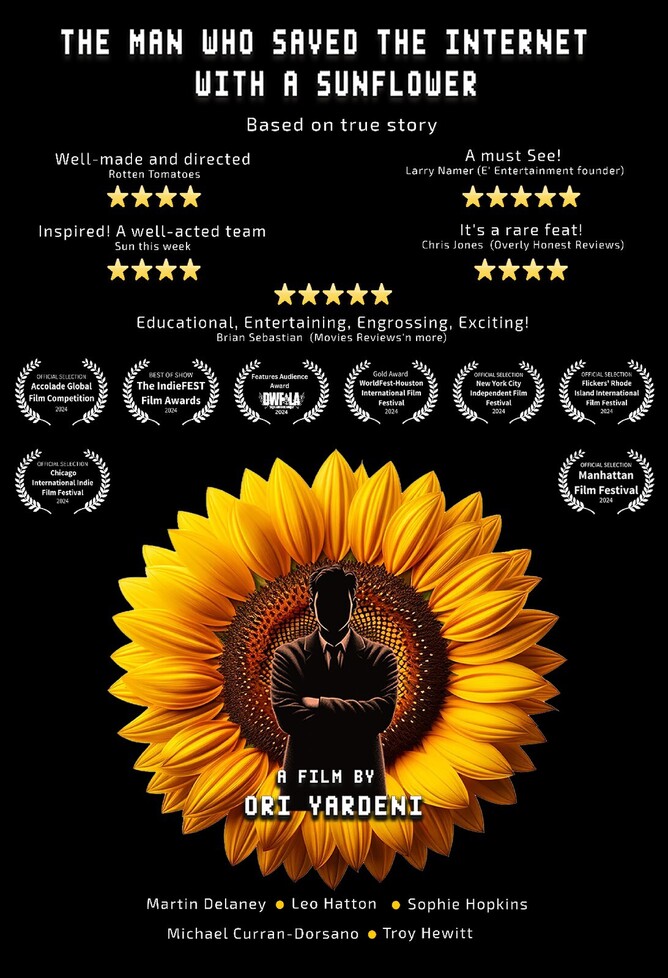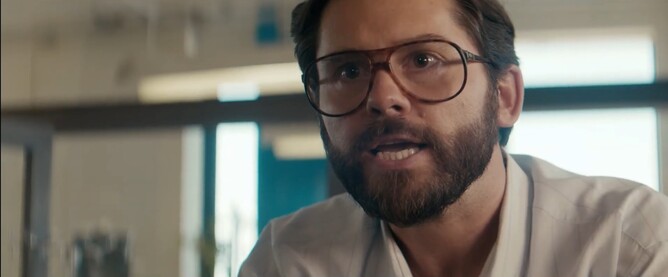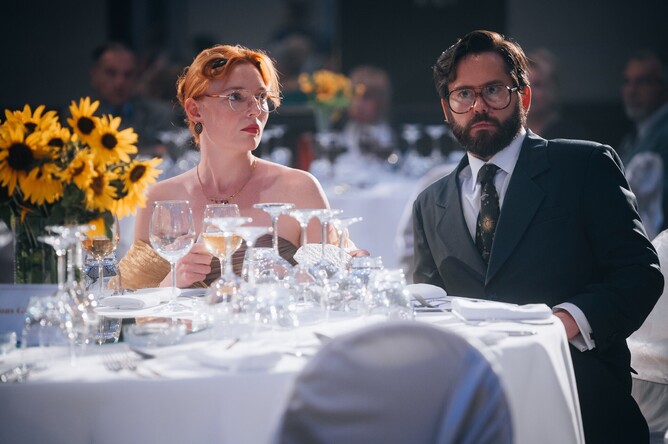In the realm of independent cinema, few films manage to tell an extraordinary true story with the clarity and impact of 'THE MAN WHO SAVED THE INTERNET WITH A SUNFLOWER'.
After its success on the festival circuit—winning "Best in Show" at The IndieFEST Film Awards and the Audience Award at the Dances With Films Festival—this film is already making waves. If this indie film doesn't become a hit, it's hard to understand why. It's a film that deserves recognition.
Directed by Ori Yardeni and Emil Ben-Shimon, 'THE MAN WHO SAVED THE INTERNET WITH A SUNFLOWER' tells the life story of Rob Ryan, an entrepreneur who played a crucial role in shaping the internet as we know it today. More than just a biopic, it's a story of innovation, resilience, and the power of one person's vision to change the world.
Ryan's journey is compelling. His revolutionary Sunflower Code didn't just save the internet during a critical time; it also laid the groundwork for future technological advancements. The film skillfully captures both the personal and professional challenges he faced along the way.
The film explores themes of perseverance, the impact of technological innovation on society, and the personal sacrifices involved in groundbreaking work. Ryan's story highlights how individual vision and determination can lead to significant advancements that affect millions of people.
At the heart of this film is a tour-de-force performance by Martin Delaney, who takes on the role of Rob Ryan with an intensity and authenticity that is nothing short of brilliant. Delaney, known for his roles in 'Zero Dark Thirty' and 'Now You See Me 2', brings Ryan's journey to life with a depth that resonates long after the credits roll.
Delaney isn’t the only one bringing his A-game. The supporting cast also deserves recognition. Leo Hatton as Ryan's wife Terry, Troy Hewitt, Michael Curran-Dorsano, and Sophie Hopkins all deliver outstanding performances, adding depth and energy to the film. Each actor contributes to making the story believable and engaging, ensuring the film's impact resonates well beyond the final scene.





